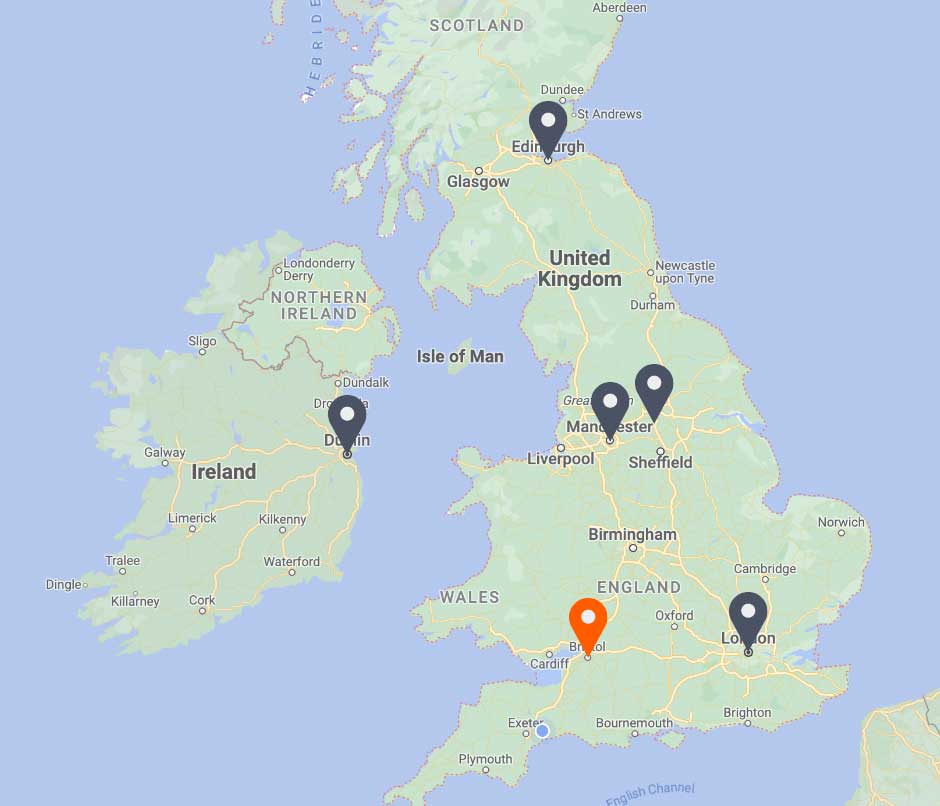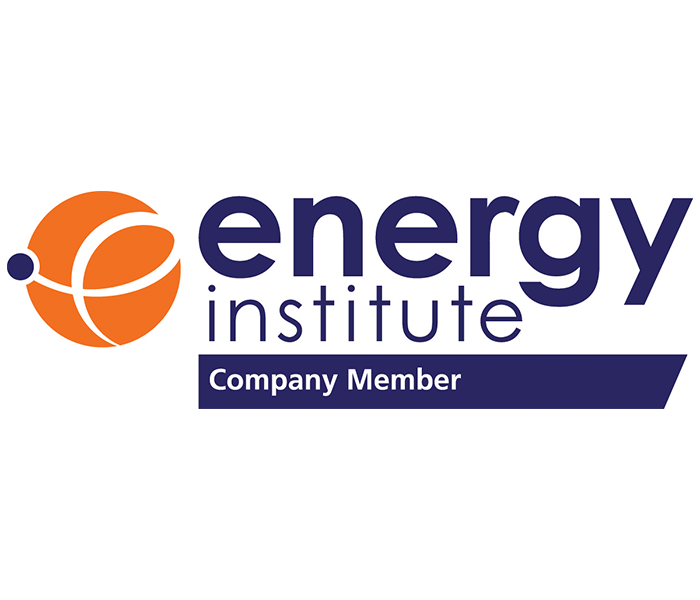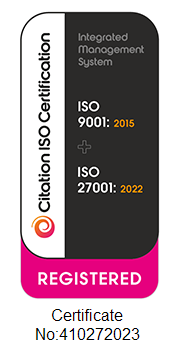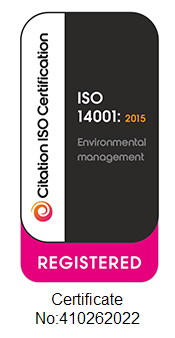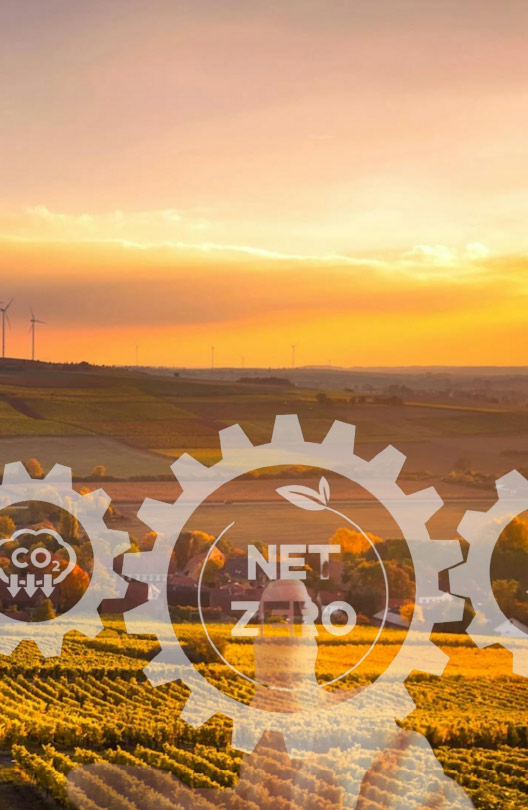THIS ARTICLE AT A GLANCE
CONTACT ETS
If you have any questions or would like to discuss further what you should be doing, ETS is here and willing to help.
Call 0117 205 0542
Email enquiries@energy-ts.com
Submit a contact form
CHECK OUR SERVICES
Smart Energy Management is Net Zero from Day One

As part of the Net Zero agenda, the UK is on a mission to decarbonize all sectors of the UK economy and to reach the Net Zero target by 2050. With the UK Government imposing stringent laws and regulations to mitigate carbon emissions, all businesses are required to comply and adapt to the change. Certainly, many businesses have made Net-Zero commitments by implementing carbon reduction initiatives and investing in carbon-offsetting opportunities. However, businesses struggle to prove their net-zero concept with no sense of direction and then struggle to quantify their progress and emissions.
What is smart energy management?
Smart energy management has proven to be a vital element for any business to propel and pursue an efficient Net Zero pathway. Using smart technology and software tools, it allows businesses to become more carbon-conscious and sustainable by monitoring, controlling, optimizing, and maintaining operational performances of their assets. Specifically, these are examples of smart energy management solutions:
- Building Management Systems (BMS) – A computer-based control system with IoT-enabled features, which allows remote access to a fully managed, connected building. It also augments real-time data insight over electrical-consuming equipment using smart metering, which can help find energy and carbon saving opportunities.
- Internal air quality – With the integration of BMS, businesses can monitor and assess the internal conditions of their facilities such as the levels of CO2, VOCs and particulates. This will help open opportunities to reduce these pollutants.
- The deployment of on-site smart energy technologies and storage such as solar PV – Generating decentralized and renewable energy businesses to be independently robust and disconnecting themselves from the national grid.
Smart energy management is predicated around real-time data insight and control and will serve purposeful in collating accurate data and determining energy and carbon saving opportunities. Coupled with ESOS reporting, it can place businesses in position to strengthen commitments and meet the Net Zero target effectively.
How can ETS help?
At ETS, our range of services can provide your business with a bespoke suite of smart energy management solutions that can set you on a journey to meeting the Net Zero target. With our ESOS-certified members, we can further your Net Zero agenda by auditing your energy management systems to meet compliance standards and proposing smart solutions and decarbonization strategies to efficiently accelerate the journey.
Final thoughts
If you are looking for an energy management system that is tailored to your business needs, ETS can provide you with 25 years of experience in dramatically improving energy efficiency and reducing environmental impacts. Whether your businesses have individual assets or large international portfolios, ETS can assist you in saving substantial amounts of money while significantly reducing your carbon performance.
To discuss your requirements, get in touch. You can contact us by calling 0117 205 0542 or drop us an email at enquiries@energy-ts.com.
Related Article
8 Ways Businesses Can Reduce Energy Use in the Workplace This Winter
Discover how to comply with ESOS Phase 4 and unlock energy-saving opportunities for your business. This guide explains the requirements, highlights key deadlines, and provides actionable strategies. Learn how energy audits, tailored action plans, and expert support can reduce costs, improve efficiency, and align your organisation with sustainability goals.
ESOS Action Planning: Complying with Phase 4 and Implementing Energy Saving Strategies
Discover how to comply with ESOS Phase 4 and unlock energy-saving opportunities for your business. This guide explains the requirements, highlights key deadlines, and provides actionable strategies. Learn how energy audits, tailored action plans, and expert support can reduce costs, improve efficiency, and align your organisation with sustainability goals.
Important Update: What You Need to Know about ESOS Phase 3
Time is ticking for the ESOS Phase 3 deadline. The Environment Agency announced that the reporting system is available now. For organisations qualifying for ESOS Phase 3, the deadline for submitting a compliance notification is 5 June 2024, and organisations should still look to meet this compliance notification deadline where possible.



































